
- Home
- News
- Analysis
- States
- Perspective
- Videos
- Education
- Entertainment
- Elections
- World Cup 2023
- Features
- Health
- Business
- Series
- Economy Series
- Earth Day
- Kashmir’s Frozen Turbulence
- India@75
- The legend of Ramjanmabhoomi
- Liberalisation@30
- How to tame a dragon
- Celebrating biodiversity
- Farm Matters
- 50 days of solitude
- Bringing Migrants Home
- Budget 2020
- Jharkhand Votes
- The Federal Investigates
- The Federal Impact
- Vanishing Sand
- Gandhi @ 150
- Andhra Today
- Field report
- Operation Gulmarg
- Pandemic @1 Mn in India
- The Federal Year-End
- The Zero Year
- Premium
- Science
- Brand studio
- Home
- NewsNews
- Analysis
- StatesStates
- PerspectivePerspective
- VideosVideos
- Entertainment
- ElectionsElections
- Sports
- Loading...
Sports - Features
- BusinessBusiness
- Premium
- Loading...
Premium
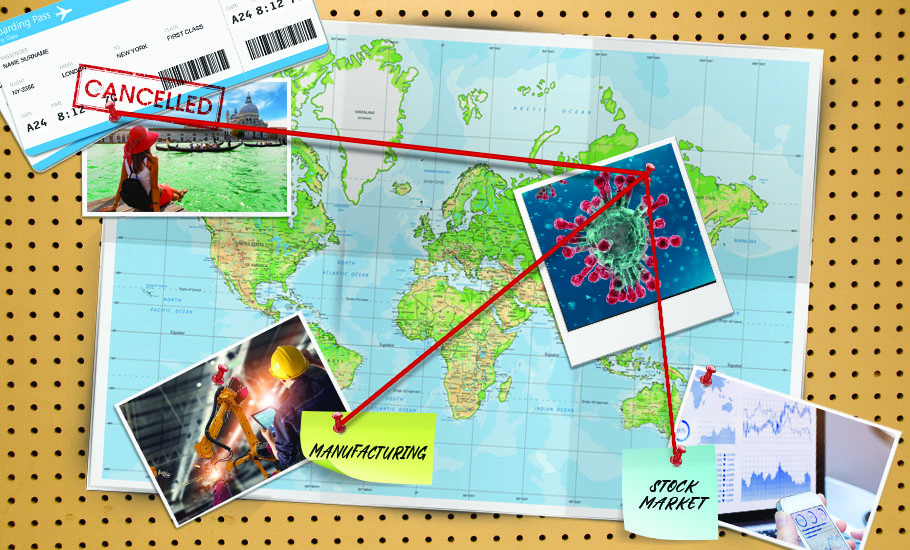
As coronavirus ploughs through life, COVID-19 threatens globalised world order

It is not often that one gets to act in a Hollywood movie, or for that matter, any movie anywhere. Today, in 2020 CE, the entire world appears to be “acting” in a classic Hollywood blockbuster where entire cities and even countries are in varying degrees of a lockdown marked by deserted streets, empty malls and humans dressed in white, moving, as if in slow motion, treating patients...
It is not often that one gets to act in a Hollywood movie, or for that matter, any movie anywhere. Today, in 2020 CE, the entire world appears to be “acting” in a classic Hollywood blockbuster where entire cities and even countries are in varying degrees of a lockdown marked by deserted streets, empty malls and humans dressed in white, moving, as if in slow motion, treating patients and clearing the dead.
The only problem is that “COVID-19” is no movie. It is for real and the villain is a deadly virus on a global rampage — affecting millions and felling thousands. It can travel anywhere, attack anyone and nothing so far has been found that can stop the novel coronavirus in its tracks.
The C-virus has done what many political players have been articulating — challenging the globalised model that has for the last 30 years dominated politics, social life and the economy of the world. Since the early 1990s, following the demise of the Soviet Union, capitalism and neo-liberal economic policies have mutated the world’s DNA.
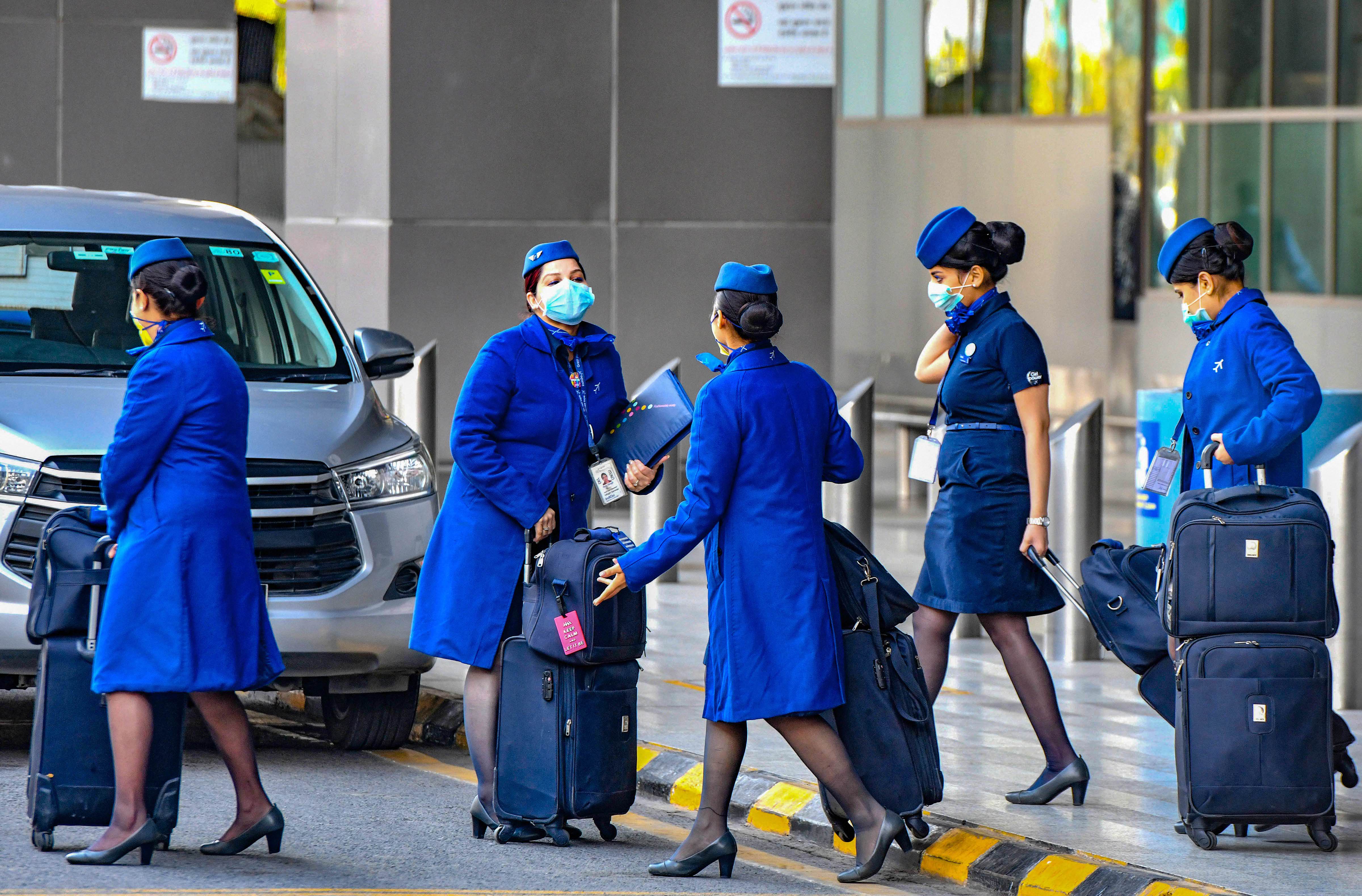
Take the iPhone. Among other things, its accelerometer is made in Germany; its battery is from China; camera, LCD screen and compass from Japan; gyroscope from Switzerland; and glass screen, Wi-Fi and audio chips from the US. The fragility of this arrangement is what has been exposed by the marauding C-virus. All it requires is disruption at one node, and the whole network goes careening southwards.
In the current scenario, the disruption is at the core — in China, which makes a mind-boggling array of anything ranging from bulk drugs to the nuts and bolts of a computer server. With large parts of China, starting with Wuhan, in various stages of shutdown, the rest of a dependent world is now on the edge wondering if and when the situation will return to normal.
The latest version of the coronavirus has not been able to wreak total havoc as yet, but it may get there sooner than later. It has come up against resistance in the form of human-made Internet technology which has today become as ubiquitous and accessible as the air we breathe and the water we drink. This has made it possible for large sections of people to work out of home and conduct online meetings, making it all but vestigial to travel by public transport or work in crowded offices, thereby reducing chances of acquiring the COVID-19 infection.
Never same again
The novel coronavirus may very well intensify, or as millions hope, wind down. But a scarred world will never be the same again. Though there were similar global outbreaks of diseases like SARS in the recent past, the current pandemic is several notches more serious. SARS did not see this level of shutdown and spread. SARS showed up some 17 years ago. Since then, the world has moved on — getting much closer, tight-knit and interdependent on a scale that beats imagination.
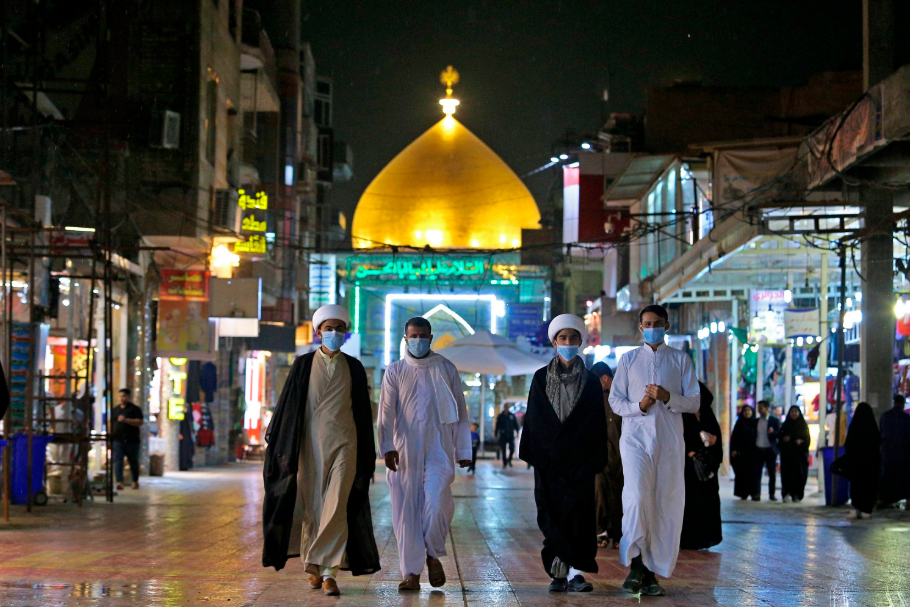
Politically, there has already been a pushback to globalisation — reflected by the rise of the right-wing and resurfacing of ultra-nationalism around the world. Starting with the Indian voters’ preference for a right-wing, majoritarian political party to the exit of the United Kingdom from the European Union, or the Brexit, and a pronounced shift to the right among nations in Europe and Latin America, questions have been asked of neo-liberal economics.
Emerging from an entirely different quarter, one that has no time for nuanced debates comes the C-virus pandemic which is testing the viability of the globalised model in an unprecedented way. The eventual outcome of the world’s response and the damage the virus leaves in its wake will decide which way globalisation will go. Assuming COVID-19 does leave a deep dent, is it possible to reverse the extensive global networks developed over three decades?
Reverse gear
For example, a reverse move would mean localising the production cycle and the entire supply chain leading to it within the confines of a city, region or nation — like the way it largely was until the 1990s.
Reversing globalisation will also have to include restricting the setting up of companies with foreign ownership or control in a particular country. In effect, it implies that the world will have to move from the current comprador, or pan-global model to an inward-looking nationalist alternative.
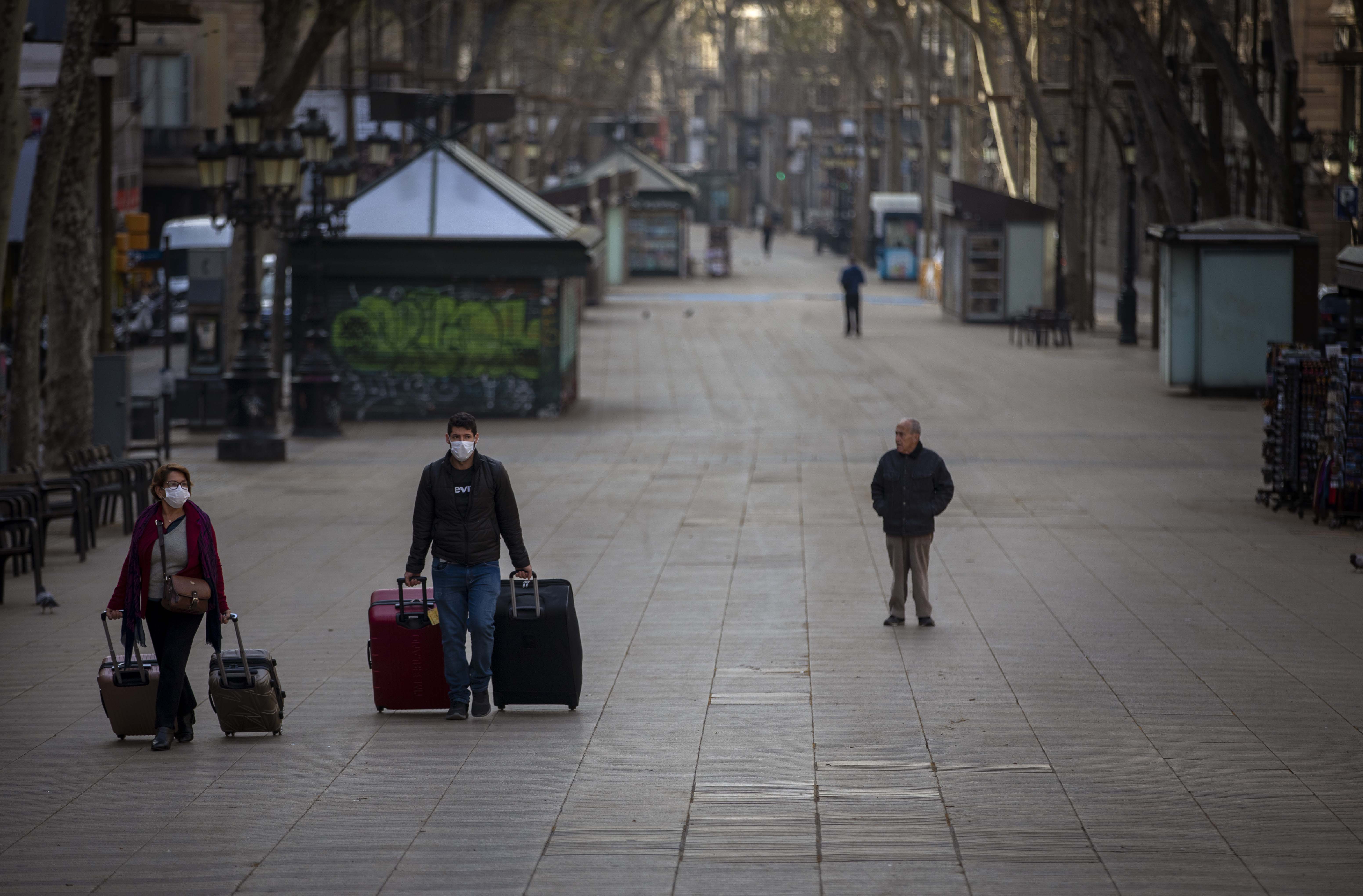
In terms of technological innovation, a nationalist reversal may be regressive as in today’s world, a combination of skills of people from around the world has resulted in amazingly mind-bending products and processes. For example, the Silicon Valley in California is all about the coming together of people and skillsets that has given rise to a fundamentally revolutionary transformation which has directly impacted the daily lives of people, from the marginalised to the elite, without discrimination. Compared with even one generation earlier, the way we work, watch movies, play sport and in short live life, have irrevocably changed.
Nature takes a hit
On the flip side, a globalised world has meant extensive travel from one country to another at a maddening pace that would have seemed like science fiction a few decades earlier. This has exponentially increased the carbon footprint and added to climate change. Resources like the Amazon forests, for instance, have become accessible to industry lobbies in the rest of the world for exploitation, and that is causing alarming deforestation, among other things.
Similarly, a commodity like sand for construction is running out, forcing countries to “steal” sand from others or transport millions of tonnes thousands of miles across the seas. Riverbeds are being denuded of much-needed sand causing irreversible ecological damage. The list is scarily endless. Coronavirus is now threatening these unbridled activities.
Some might therefore even describe the COVID-19 pandemic as nature’s way of hitting back at the mindless destruction of the earth’s precious resources. In the specific instance of the coronavirus, scientific literature suspects that this strain has jumped from animals to humans. This could be a direct result of the man-animal conflict wherein humans, after exploiting the periphery, are now entering the core, hitherto untouched parts of the earth like the Amazon or the pristine forests of Indonesia and the wild back of beyond in Australia.
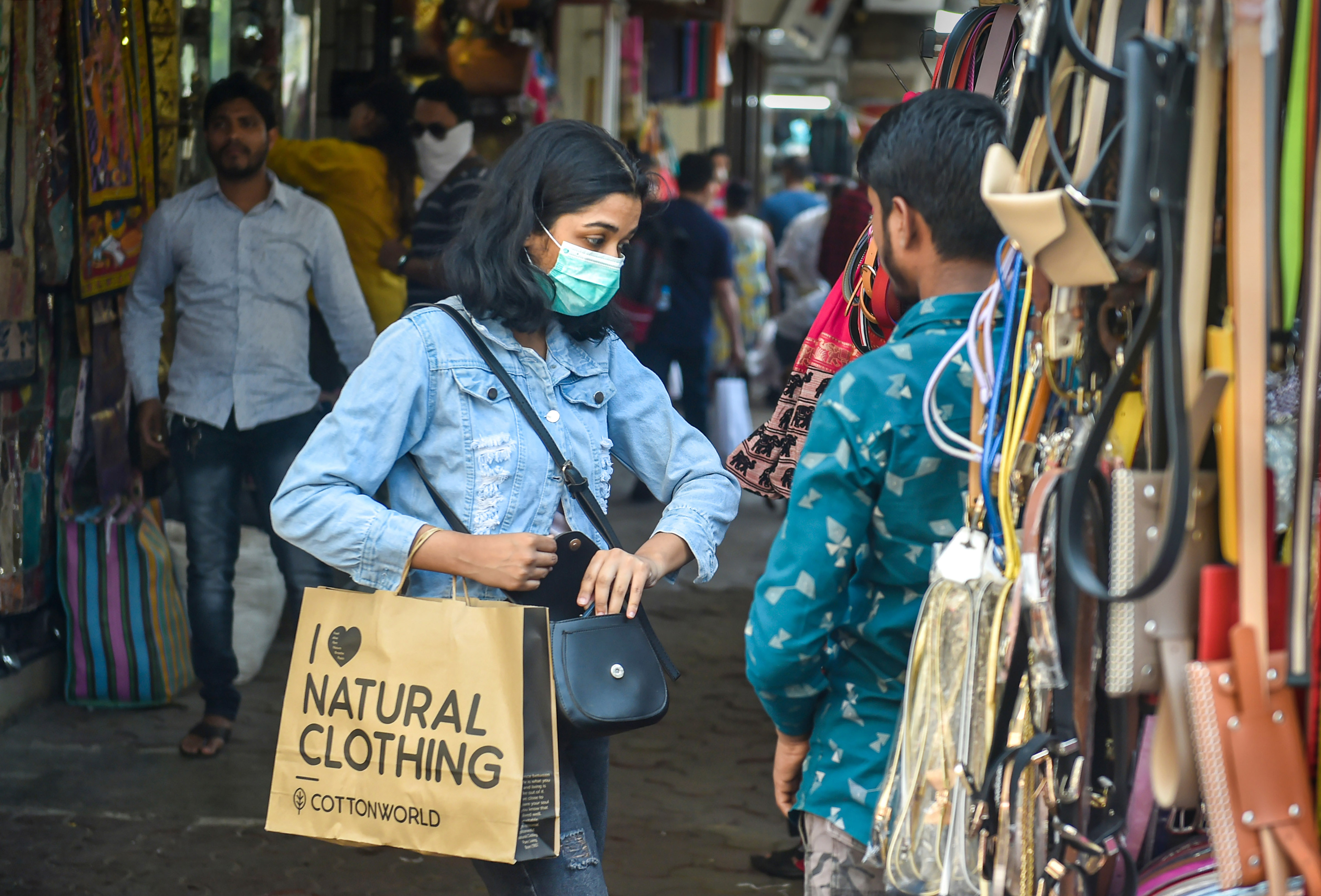
Impact is global
So if today a person in Bengaluru can verbally communicate or exchange huge volumes of data instantly with another individual around the world at the press of a few numbers on the phone or the tap of the keyboard at near-zero cost, the coronavirus-induced pandemic reminds us that the very same individual in Bengaluru is also equally exposed to the consequences of say, the fast pace of a disappearing glacier in Iceland or the threat to survival of an entire species of the Orangutan or the Sunda Pangolin in a remote Borneo forest.
COVID-19, therefore, in a matter of two months, has placed the world in the midst of a quandary. Does one carry on business as before once the pandemic dies down? Or, is it a sign that humans need to do a serious rethink on the way forward? Answers don’t come easy.
For years, some have been crying hoarse asking people to cut down on consumption and lessen damage to the environment. But it is this very consumption that is the driving force behind the emergence of newer products and the latest technologies. There are an equal number of people who repose trust in human innovation to eventually win over calamities like the current COVID-19 pandemic.
It is easy to exhort individuals to have a sense of balance when it comes to exploiting nature or to self-regulate consumption. But the question is: at what point does an individual or a corporate limit themselves? Even something as daunting as the novel Coronavirus may not be able to provide easy answers to this question.

